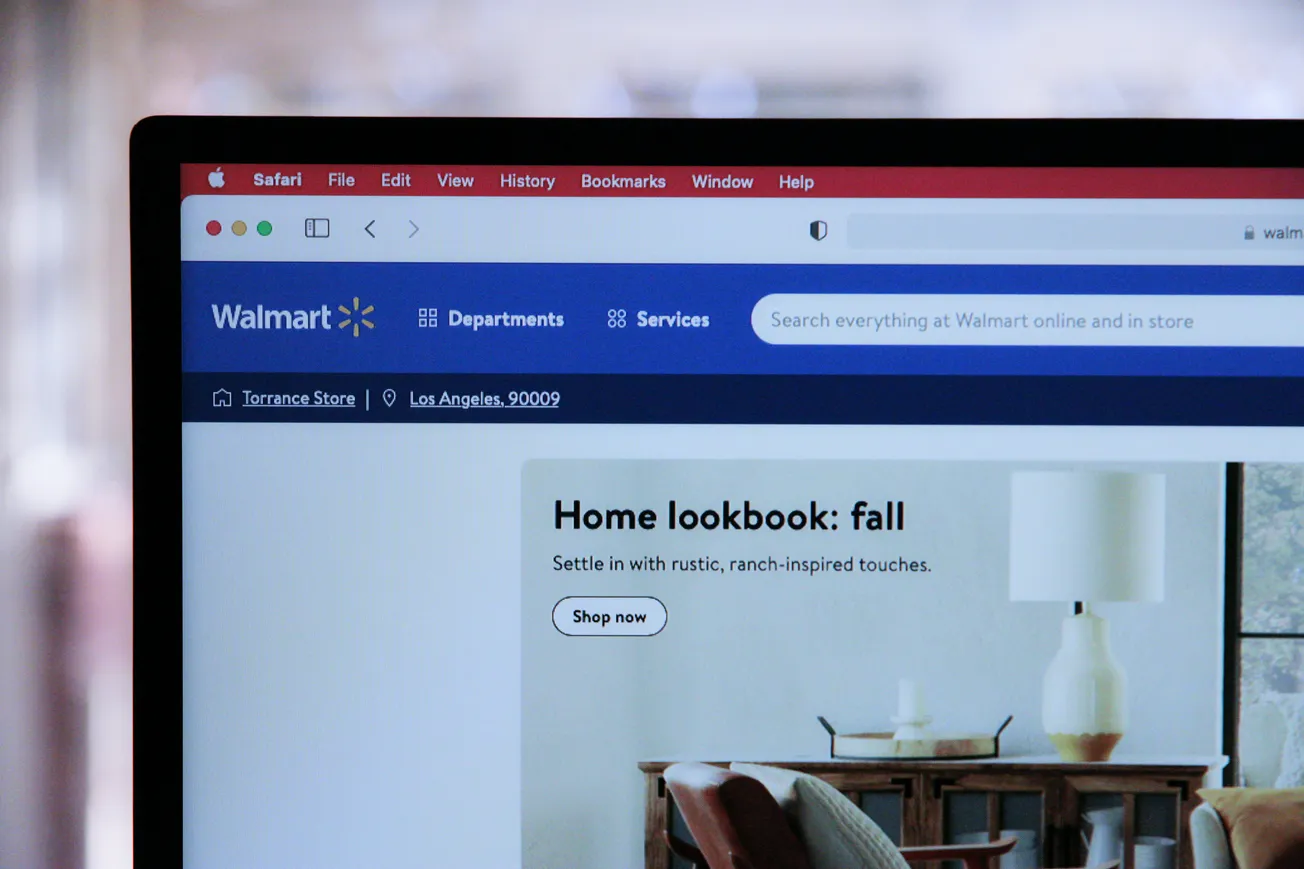In today’s competitive retail landscape, robust supply chain management (SCM) systems are essential for delivering seamless omnichannel experiences. Leveraging cloud-based architectures, AI and machine learning, leading SCM platforms empower retailers and logistics operators to optimize inventory, accelerate fulfillment and gain real-time visibility across physical and digital touchpoints.
According to Supply Chain Digital, here are the top ten SCM platforms making significant impact:
1. SAP Integrated Business Planning (IBP)
A unified, cloud-based solution that fuses sales and operations planning, forecasting and inventory optimization. SAP IBP applies machine learning and predictive analytics to improve forecasting accuracy, maximize service levels and proactively address supply chain bottlenecks.
2. Oracle SCM Cloud
Oracle’s suite spans procurement, manufacturing, logistics and demand management. Its cloud-native applications enable seamless orchestration of product design, production planning and distribution aligned tightly with market demand.
3. Blue Yonder
Specializing in digital supply chain and omnichannel fulfillment, Blue Yonder delivers tools that enable companies to “predict, pivot, and fulfill customer demand.” Its platform includes sophisticated capabilities for inventory optimization to reduce carrying costs and ensure operational efficiency.
Additionally, Blue Yonder is recognized as a leader across Gartner’s Magic Quadrants – including Supply Chain Planning, Warehouse Management and Transportation Management Systems – underscoring its integrated prowess.
The company’s robust performance, powered by AI and ML, delivered a 14.2% growth in SaaS revenue in FY24, along with enhancements such as generative AI and unified inventory visibility across online and physical channels.
4. Microsoft Azure Supply Chain Management
A cloud service offering end-to-end visibility, predictive analytics, demand forecasting, inventory optimization and supplier collaboration. It enables automated insights and data-driven decision-making across supply chains.
5. Microsoft Dynamics 365 Supply Chain Management
This platform integrates demand planning, procurement, production control, warehouse and transportation management. It combines capabilities across Azure, Dynamics 365 and Teams to tailor solutions for specific supply chain challenges.
6. Kinaxis RapidResponse
A cloud-native planning platform that supports true concurrent planning, enabling companies to respond dynamically to demand changes and disruptions. It’s especially suited for resilient and agile supply chain environments.
7. Körber Supply Chain
Part of the Körber technology group, this platform delivers integrated software, automation, robotics and materials handling solutions that enable seamless coordination across supply chain systems and equipment.
8. Manhattan Associates
Focused on omnichannel and warehouse management, Manhattan Associates offers robust tools for maximizing workforce productivity, transportation planning and order fulfillment, driving faster and more cost-effective operations.
9. Plex Systems
Acquired by Rockwell Automation, Plex remains a strong SCM and ERP solution, especially in aerospace, automotive and manufacturing, providing demand forecasting, inventory optimization and production planning capabilities.
10. Descartes Systems Group
This logistics-focused platform supports transportation management, global trade compliance and route planning. It is widely used by ground transporters, ocean carriers, freight forwarders, retailers and manufacturers.
These platforms are more than logistics enablers – they are vital engines of omnichannel retail success. With AI, cloud scalability and real-time orchestration, they help organizations streamline operations, respond to disruptions and deliver exceptional customer experiences across all channels.









